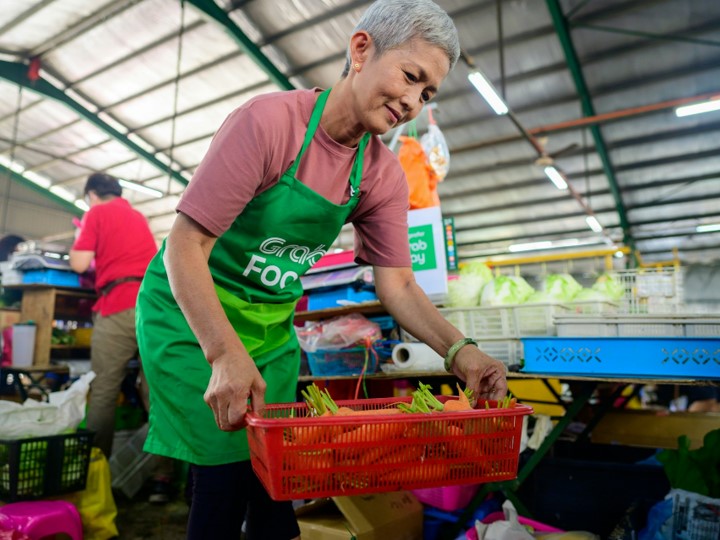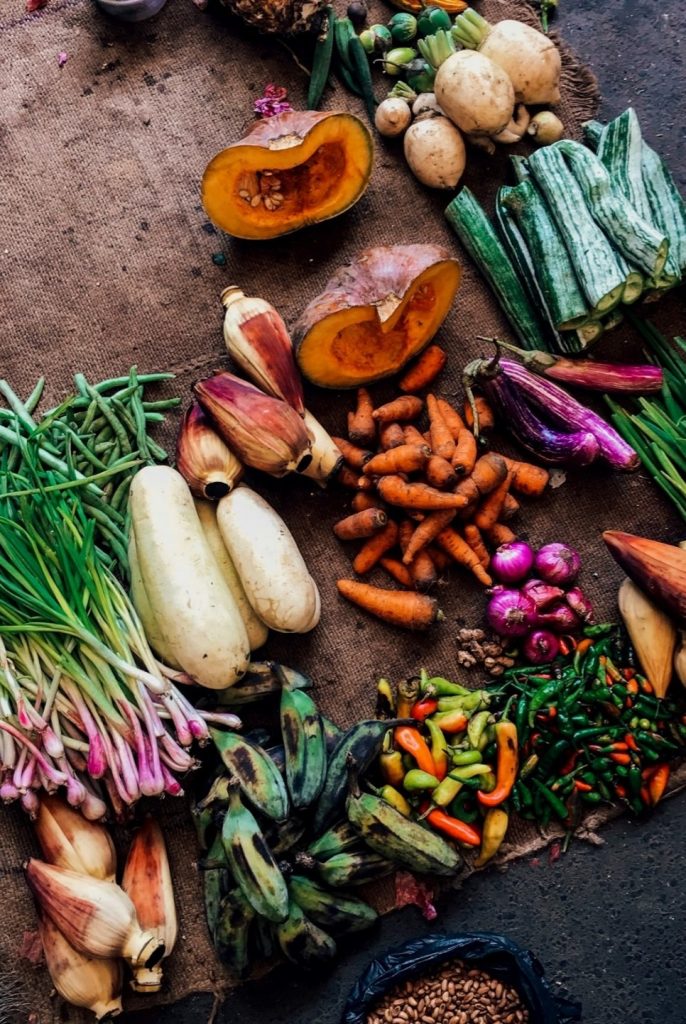Bridging data gaps in food waste management
One of the main challenges in addressing food waste is related to the quantification of the food waste due to the differences among the existing frameworks for collecting and measuring food waste data, mainly due to: 1) the use of different definitions of food loss and/or waste by EU Member States; 2) the lack of common system boundary conditions; and 3) data inconsistency due to the different quantification methods adopted. WASTEWISE will tackle these issues by reviewing the quality of each reported data point and by tracking the actual datasets, identifying, and filling in data gaps and providing more specific food waste information within a detailed food subgroup level.


